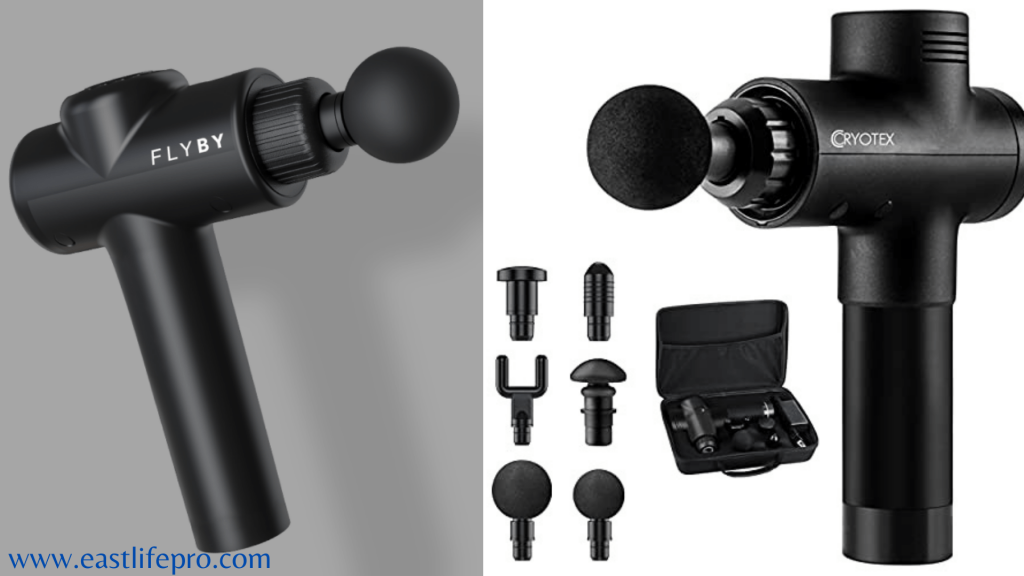Are you aware that tooth decay is prevalent in the US, making it one of the most common issues encountered? In a report, by age 34, 80% of people reported having at least one cavity.
Approximately 60% of adults in Tennessee have sought dental care within the past year, highlighting the importance of regular dental visits.
The Tennessee Department of Health has identified four significant factors contributing to the leading causes of death in the state: smoking, obesity, physical inactivity, and substance abuse. It is concerning that 22% of adults in Tennessee are smokers, as this is closely associated with poor dental hygiene. Orthodontists are specialized dental professionals who treat irregularities in teeth and jaws. The state of Tennessee has over 596 orthodontists, each with the experience and knowledge to handle a wide variety of dental issues.
Living in a small town like Hendersonville, with a population of just over 15,000, can be great, but it can also mean limited access to specialized healthcare services. That’s why it’s so important to make regular visits to the dentist and not skip them. However, if you’re seeking Expert orthodontics in Hendersonville, TN, Koen Orthodontics is a great choice for all your dental needs.
In this article, we’ll discuss six reasons why it’s important not to skip regular dental checkups.
- Help your teeth look great
Dental checkups every six months will help your dentist assess the alignment of your teeth and recommend treatment options for misalignment. Modern treatment options such as Invisalign are hassle-free options to keep your teeth in position. If you’re conscious about how your teeth look when you smile, starting treatment at an early age is recommended.
- Prevent plaque, tartar, and tooth decay
You can miss certain hard-to-reach areas of your mouth while brushing your teeth, such as the back molars on the upper jaw. A dental hygienist can detect areas that have a build-up of plaque and tartar. They can also identify areas that show early signs of tooth decay.
Dental hygienists can also professionally clean your teeth, removing plaque to prevent harmful bacteria from damaging your teeth.
- Consult for tooth whitening
With the advent of selfie cameras, the focus on flashing a great smile has increased. The global tooth whitening market was valued at $6.14 billion in 2020 and is expected to grow to $8.21 billion by 2026.
There are many tooth whitening products floating in the market, with both licensed and unlicensed products. Your dentist is the best person to consult on which products can help you get the best results. It is also advisable to get tooth whitening procedures done by your dentist and not perform them at home. This is because a qualified dentist will always use licensed products for your treatments, as they know the worth of your smile and comfort better than anyone else.
- Keep gum disease at bay
At every dental checkup, dentists can check the health of your gums. They can use special equipment to check your gums for firmness, gum pockets, and bleeding. They will also guide you about good oral habits to maintain healthy gums.
Regular dental checkups can also help you prevent gum disease. Gum disease doesn’t show any symptoms in the early stages; the pain and infection start when the disease progresses. Luckily, dentists can check your gums and spot the initial stages of gum disease.
- Check for oral cancer
Oral cancer refers to cancers that develop inside the mouth, such as the gums, the floor, and the roof of the mouth. Individuals with heavy consumption of alcohol and tobacco, such as in cigarettes or tobacco nut chewing, are at a high risk of developing oral cancer.
The American Cancer Society has estimated 54,000 new cases of oral cancer for 2023 and about 11,580 deaths from oral cavity or oropharyngeal cancer. The lifetime risk of developing oral cancer is about 1 in 60 for men and 1 in 141 for women.
- Education on oral care
Did you know that the average person brushes their teeth for only 45-70 seconds? The recommended time to spend brushing your teeth is 2- 3 minutes. According to a report, not flossing your teeth leaves 40% of your tooth surfaces unclean.
You can ask your dentist about oral care habits you can develop at home for healthy teeth and gums. They can also teach you the correct technique of brushing your teeth, flossing, and the type of toothbrush and toothpaste you can use according to your age and medical conditions. In addition to that, your dentist can also provide you with tips on foods and drinks that help improve oral health. Regular checkups will help you understand the best ways to prevent, detect and manage dental problems in their early stages. For example, they can advise you to reduce sugary drinks and snacks that cause dental erosion. They can also detect early signs of cavities or gum diseases. However, if these problems are not detected early on, they can cause teeth and gum damage.
Conclusion:
Regular dental checkups are crucial for preventing many dental problems that may go unnoticed at home. If you’ve been experiencing jaw pain, a dental x-ray can help identify any impacted teeth. If you don’t have a dentist yet, you can always search for a term like “dental crowns harrisburg nc” on the internet to find one.
Investing wisely in regular dental checkups can help prevent common dental issues, ultimately reducing the need for costly treatments and annual insurance expenses. Dental health is closely linked to overall well-being. Maintaining good dental hygiene is essential since our teeth are exposed to various foods and drinks throughout the day. Dentists worldwide recommend brushing and flossing after meals.
Unfortunately, many people neglect their dental health and only seek treatment when problems arise. Dental hygienists play a vital role in preventing gum disease by identifying early signs of decay and providing guidance on maintaining oral health at home. Failure to maintain regular oral hygiene can lead to painful eating experiences and discomfort, affecting your ability to smile confidently at home or in the workplace. A great smile boosts self-confidence and fully allows you to enjoy meals and happy occasions with loved ones.
James Martin is a passionate writer and the founder of OnTimeMagazines & EastLifePro. He loves to write principally about technology trends. He loves to share his opinion on what’s happening in tech around the world.



